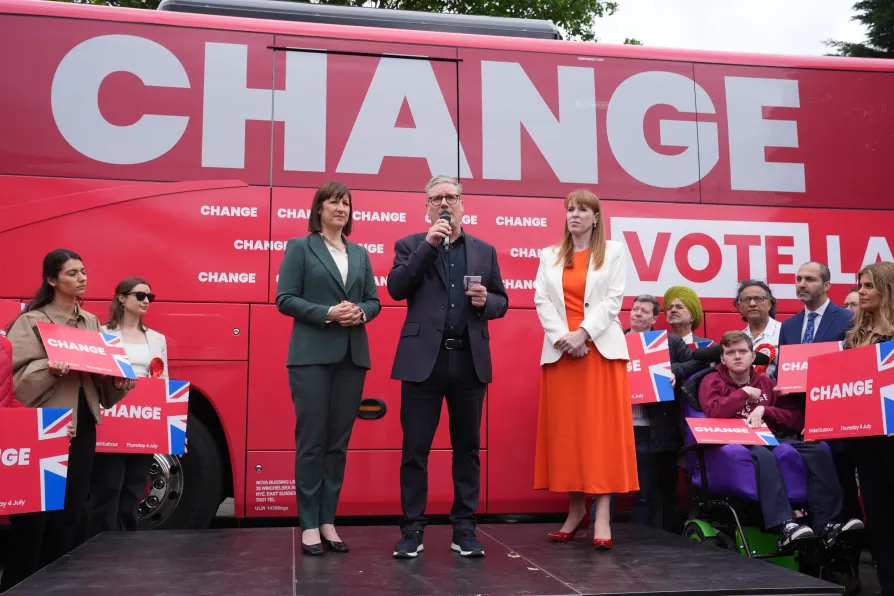UNIONS will press Labour this weekend to put “flesh on the bones” of its promised New Deal for Workers in the party’s upcoming Budget.
The TUC and General Federation of Trade Unions (GFTU) are calling for an end to decades of underinvestment and deindustrialisation.


 Latest editorial
Latest editorial
















